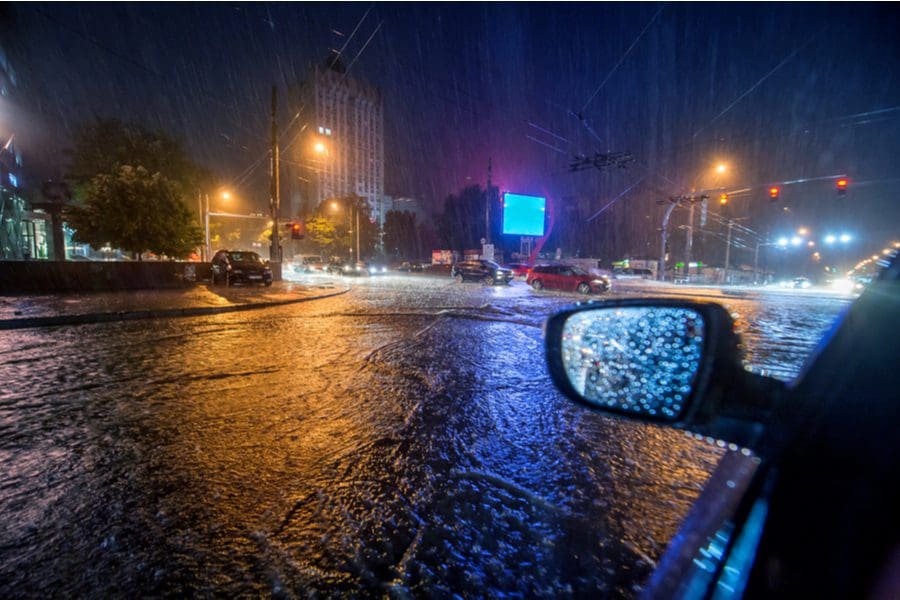Many of life’s most important events are recorded on paper: marriages, births, deaths. When the unexpected happens, will you be ready to protect these vital records? California wildfires are driving home the importance of preserving the papers that document your life, but it’s not just fire that can threaten your home.
Natural disasters such as hurricanes or tornadoes can devastate, while a flood can happen to anyone. Floods are the Number 1 natural disaster in the United States, and water damage is one of the most common claims on home insurance. Know your valuable documents are protected if disaster strikes. Be ready for a fast getaway with these expert tricks.
Get two copies.
Request two certified copies when official documents are first issued. Old or expired records can be expensive and difficult to retrieve. You may have to go to the state where the document was issued if you’re seeking certified copies of a birth certificate or business documents. If the records are available online, you could end up paying a hefty fee of $50 or more for a copy.
Collect your most important documents.
Secure originals in a safe deposit box at your bank or a fire- and water-proof safe at home. Then collect copies of your significant documents in a grab-and-go binder that’s ready in case of emergency. Use a standard three-ring binder with tabbed separators and clear page protectors. Label each tab with the name of the document and the original’s location. Keep it in a place where all family members can easily grab it and go. The file case or binder should be kept in a waterproof container that’s small enough to easily fit in a backpack or other small travel bag.
A grab-and-go file should include documents you’d need in a hurry if you can’t go back home immediately. Contact information for family members, financial advisors, attorneys, accountants, bankers, employers, and doctors should be added. Collect records you need to review your finances: bank and credit card records, retirement accounts, mortgages, insurance policies, deeds, wills, property power of attorney.
You would also want to include Social Security cards for household members, marriage licenses, birth certificates, and divorce decrees. Think about your driver’s license, prescriptions, recent income tax returns, passports, and military discharge papers.
Move records from your computer to the cloud.
Storing your files on the internet is safer than your server at home. Cloud-storage companies keep up to date with security measures to protect against threatening viruses and hacks. Take photos or scan your documents and upload them. You’ll still have access to them even if you lose your computer, and you don’t have to worry about storage limits. One cloud site to try is the free Google Drive at Google.com/drive.
Get organized with free apps.
Organizing your finances and getting your house in order can show you which documents to safeguard in case of disaster. Track your spending and saving with Mint, the free money manager and financial tracker from the makers of TurboTax®️. The app keeps up with your account balances, tracks your bills and sends you reminders to help you avoid late fees.
HomeZada is a personal finance platform to assist you in managing and maintaining your home. The app helps you be prepared and properly insured with a home inventory. Plan home improvements, schedule upkeep reminders, and track insurance policies and claims with the basic free plan. HomeZada also offers additional services for a fee.






